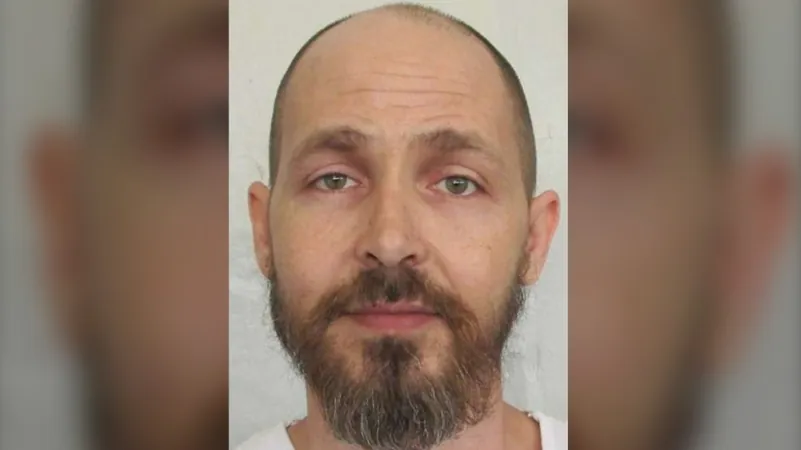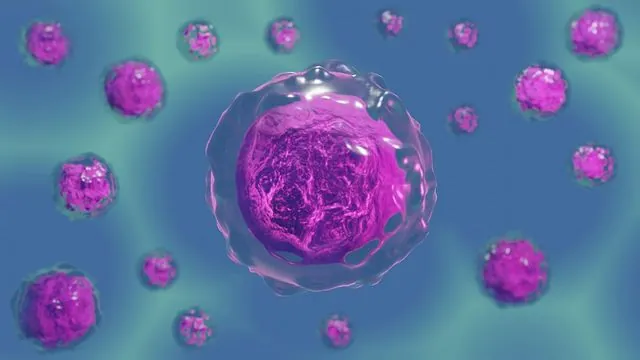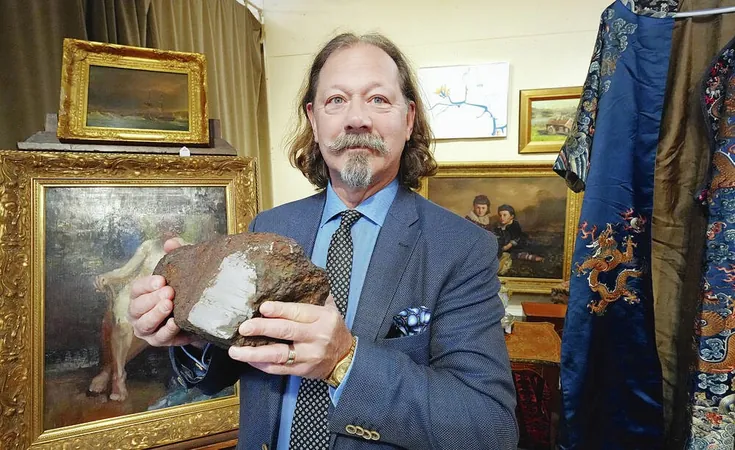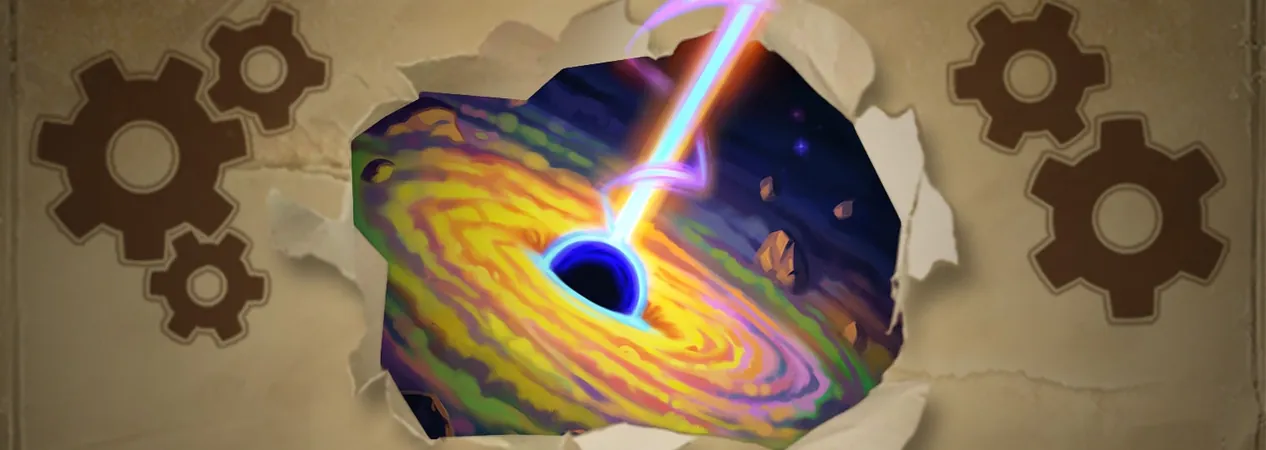
Controversial Execution: Alabama to Use Nitrogen Gas for the Murder of Hitchhiker Vickie Deblieux
2024-11-21
Author: Michael
Content Warning: This article contains graphic descriptions of violence. Reader discretion is advised.
In a historic and controversial move, Alabama is set to execute Carey Dale Grayson, a man convicted for the brutal 1994 murder of hitchhiker Vickie Deblieux. This marks a pivotal moment as Grayson will become the third inmate executed by nitrogen gas, a method that has raised eyebrows within the legal and ethical spheres. The execution is scheduled for Thursday at 6 p.m. at the William C. Holman Correctional Facility in southern Alabama.
Grayson, now aged 50, was one of four teenagers involved in the heinous crime that shocked the community. Vickie Deblieux, a 37-year-old woman traveling from Chattanooga, Tennessee, to her mother’s home in West Monroe, Louisiana, was last seen hitchhiking when she was picked up by the group of teenagers. They took her into a wooded area where prosecutors say they attacked her brutally, ultimately throwing her off a cliff and returning later to desecrate her remains. The medical examination revealed the horrific nature of the crime: Deblieux's face was so severely damaged that she had to be identified via a prior X-ray of her spine.
As for Grayson, he is the only participant in this tragic case currently on death row, with his co-defendants spared from the death penalty due to their ages at the time of the crime. Grayson was 19 years old, while the others were minors. Initial death sentences for two of the co-defendants were overturned following a U.S. Supreme Court ruling that prohibited the execution of individuals under 18.
The method of nitrogen gas execution involves using a gas mask to replace breathable air with nitrogen, inducing death through hypoxia. Critics argue that this new execution method lacks sufficient testing and oversight. Witnesses to previous nitrogen executions reported disturbing physical responses, including violent shaking, raising significant ethical concerns regarding the method's humanity. Grayson’s legal team argued in his final appeals that the procedure can lead to “conscious suffocation,” and petitioned the U.S. Supreme Court to delay the execution until the matter could receive more scrutiny.
On the other hand, Alabama state lawyers have defended the use of nitrogen gas, asserting that the protocol has been successfully implemented twice, resulting in death within minutes. They label opposing claims as speculative, urging the justices to permit the execution to proceed as planned.
This case not only encapsulates the challenging intersection of justice and ethics in capital punishment but also stimulates broader conversations about the future of execution methods in the United States. As states like Alabama pioneer nitrogen gas as a means of execution, many are left asking crucial questions about the implications of these changes and the humanity afforded to those on death row.
Stay tuned for updates as this gripping story unfolds – this is a case that could redefine the landscape of capital punishment across the nation.









 Brasil (PT)
Brasil (PT)
 Canada (EN)
Canada (EN)
 Chile (ES)
Chile (ES)
 España (ES)
España (ES)
 France (FR)
France (FR)
 Hong Kong (EN)
Hong Kong (EN)
 Italia (IT)
Italia (IT)
 日本 (JA)
日本 (JA)
 Magyarország (HU)
Magyarország (HU)
 Norge (NO)
Norge (NO)
 Polska (PL)
Polska (PL)
 Schweiz (DE)
Schweiz (DE)
 Singapore (EN)
Singapore (EN)
 Sverige (SV)
Sverige (SV)
 Suomi (FI)
Suomi (FI)
 Türkiye (TR)
Türkiye (TR)